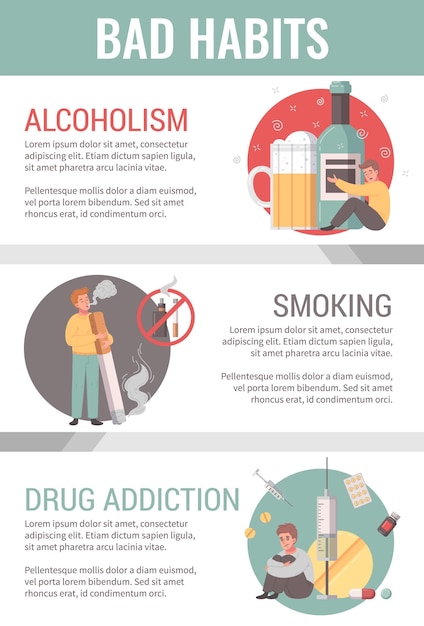
Navigating the complex challenge of addiction within families needs careful handling. Addiction is a tough enemy, casting dark shadows on family relationships, requiring smart recognition and proactive steps. Aimed to arm you with the right knowledge and skills to tackle this sensitive issue, this complete guide will walk you through invaluable tips to recognize and handle addiction within your family.
These are the tips we’re going to explore:
– Spotting the Signs of Addiction
– Supporting the Idea of Professional Treatment
– Watching Out for Behavior Changes
– Pivotal Role of Communication
– Getting Educated on Addiction
– Seeking Expert Advice
– Dealing with Addiction with Compassion and Understanding
– Planning a Family Intervention
– Drawing the Line
– Wrapping Up
Discovering addiction within families involves more than just a fleeting glance. It’s about paying attention to the small behavior changes that hint addiction. Watch for changes in mood, social habits, and even general lifestyle, as these are significant signs of hidden struggles.
Next, encourage your family members to explore professional treatment options. Numerous reputable detox centers provide personalized programs to deal with both physical and psychological aspects of addiction. This kind of professional help increases the chances of a lifelong successful recovery.
Always be on guard for any sudden or notable changes in behavior like increased secrecy, mood fluctuations, or unexplained absences. Such changes may indicate a person’s struggle to hide their addiction. Be observantly consistent to catch these signs of a deeper problem.
Communication is key to addressing addiction within families. A supportive environment is when everyone feels free to talk about their worries without fearing judgment. Regular conversations, where everyone gets to express freely, can be very helpful.
Get yourself educated about addiction – its root causes and effects. This knowledge helps break down stereotypes and build understanding within the family. It’s important to grasp that addiction is a medical condition, not a moral fault.
During times of uncertainty, turn to the experts. Addiction specialists and healthcare professionals can provide priceless insights about the signs of addiction and give guidance about interventions and resources, like detox centers that aid the recovery process.
When dealing with addiction, it’s crucial to be understanding and compassionate. A blame-free environment that focuses on expressing true concern and offering help paves the way for recovery. Empathy plays a big role in encouraging the person to seek help voluntarily.
Consider getting the family together for an intervention, a moment to collectively express concern and motivate the individual to seek treatment. Professional interventionists can ensure that communication during this sensitive time remains constructive and focused on the person’s well-being.
Lastly, establish firm, clear boundaries, showing the family’s commitment to support the recovery journey. These boundaries curb enabling behaviors and clarify the consequences of continued substance use, fostering responsibility, and motivating the individual to actively seek help.
In a nutshell, recognizing and addressing addiction within families is a cooperative effort involving understanding, compassion, and proactive action. Through constant vigilance, open communication, and seeking expert guidance, families can effectively deal with the complexities of addiction.
Remember, how you support a loved one’s tough journey towards recovery shows the true strength and resilience of a family. And as you begin this journey, realize that your dedication to understanding and addressing addiction can lead to a future filled with strong, lasting familial bonds, healing, and overall well-being.






